
Thor Halfdanarson
@OncoThor
🇮🇸Medical Oncologist/Educator, NET/GI/CUP enthusiast. Husband/dadx4 (bad dad jokes). Cyclist. Avant gardener. Professor of Oncology, Mayo Clinic. Tweets mine.
Want to know more about clonal hematopoesis in myeloid malignancies and solid tumors? If so, here is a weekend read for you... nature.com/articles/s4301…

On the podium now at the @_MDEducation inaugural GI Cancers meeting - @sonbol_bassam discussing emerging targets in gastroesophageal cancers. Lots happening in that space now.
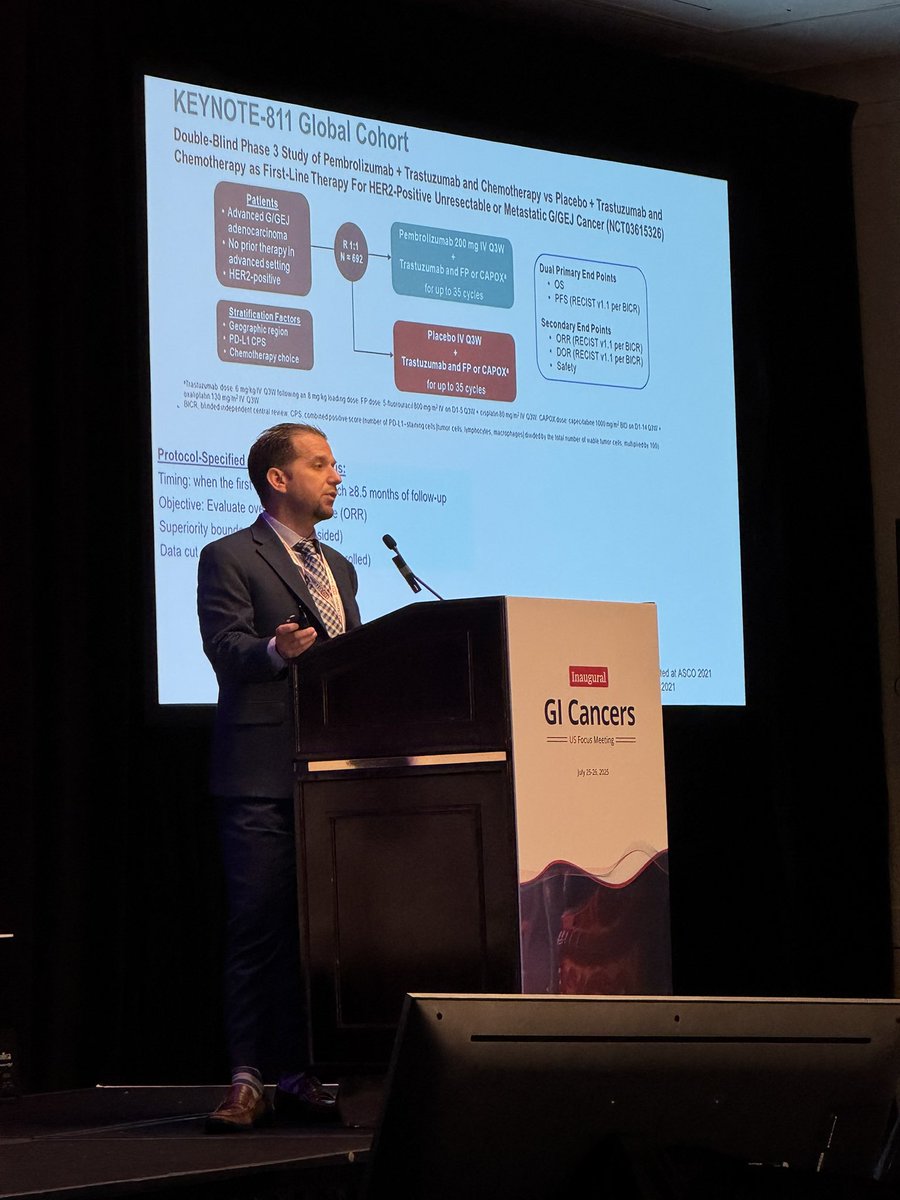
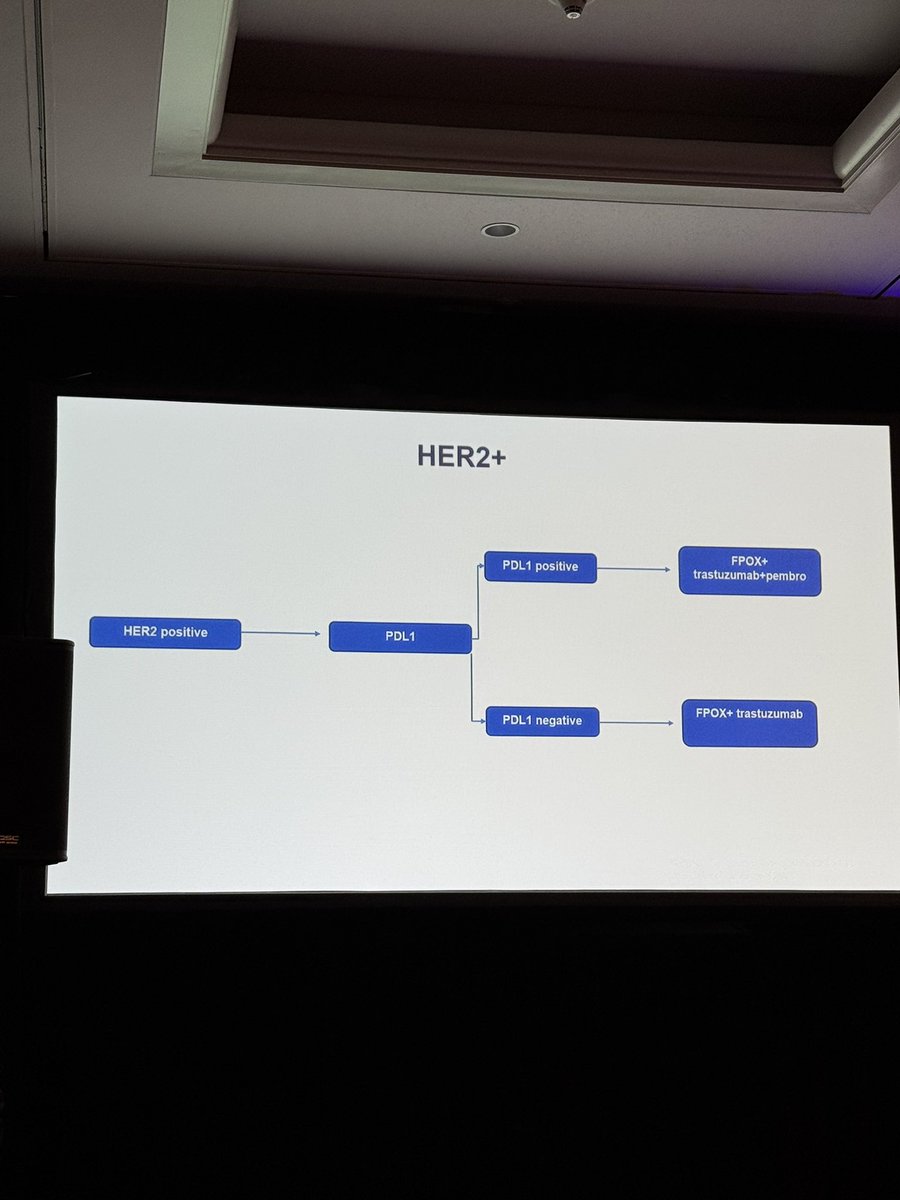
This is quality stuff. Check it out!
Recordings available here: academy.md-education.com/courses/gi-can…
This is an excellent meeting! The inaugural MD Education GI Cancers Meeting. Outstanding presentation on later line HCC therapy by Dr. Richard Finn from UCLA. Put this meeting on your calendar next year and check their other meetings. @_MDEducation md-education.com/gi-cancers-us-…
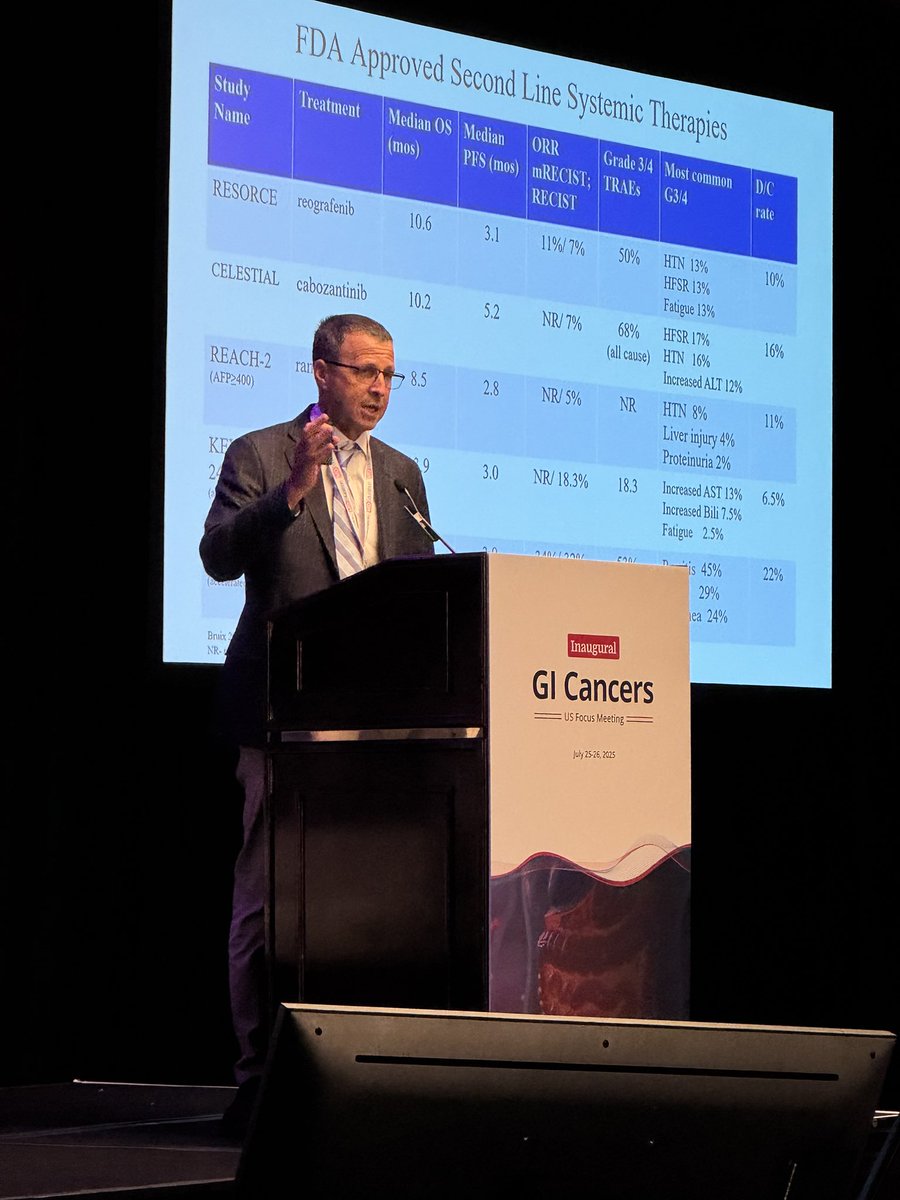
❗️MUTYH mutant #pancreatic #NET (germline/somatic) ✅3% ✅50% second hit genetic event ✅2/3 G1/2 evolved to G3 ✅3/7 tumors molecularly profiled after alkylating drugs and/or PRRT had high TMB ✅ aggressive , high-grade disease when metastatic @TAMedOncol @gitorrezan
The things in life you did not think you needed... Glad I have an active email account to receive ads. A mini tissue homogenizer. I can use it for mouse tails and brains. I have mice in the garage. A game changer at home.. I can now homogenize them, or at least their tails...😂🤣
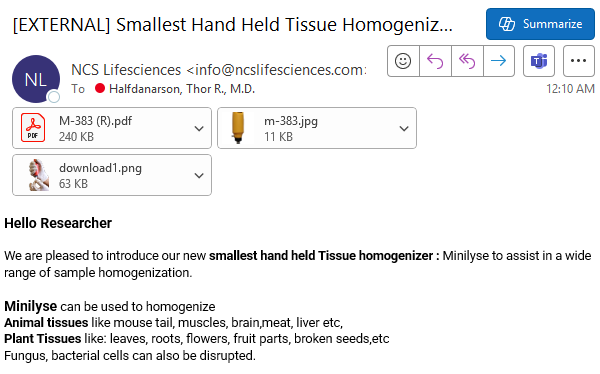
CDX-2 expression of CUPs - does it predict therapy outcomes...? CDX2-positive CUP represents a distinct subgroup with favorable response to 5-FU-based therapy, supporting CDX2 as a predictive biomarker. Excellent work led by @hfuentesbayne sciencedirect.com/science/articl…
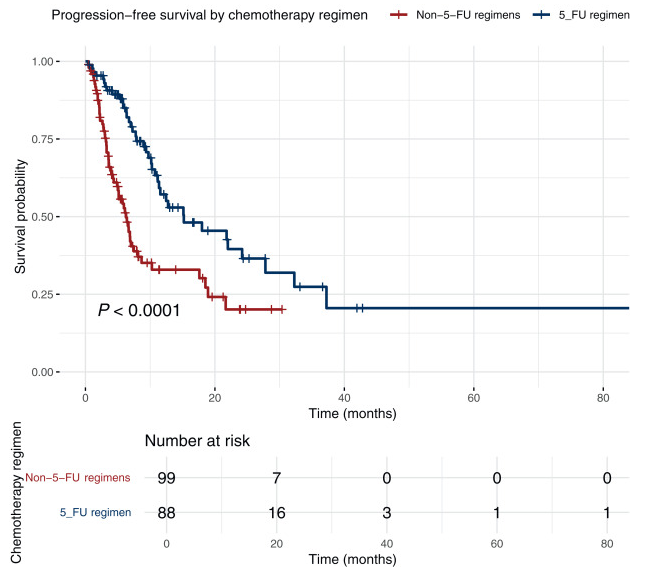
This is a real concerns with some of the new oncology drugs...

Oligometastatic colorectal lung metastases... Resection or SBRT. Are you as curious as I am about those options? If so, here is a Tuesday morning read from @ejsotweets A systematic review. Comparable OS but PFS and local recurrence rates favor resection sciencedirect.com/science/articl…
Another Mayo Clinic post-ASCO oncology conference wrapped up and as is now customary for me, I celebrated a successful conference hitting the trails. Lebanon Hills in the Twin Cities has some great trails. Thanks to all the speakers, attendees and supporters!

And now on to noncolorectal GI cancers. An excellent summary by Dr. Nguyen Tran. Lots of great information including this on HCC. @MayoCancerCare @MayoHemeOnc
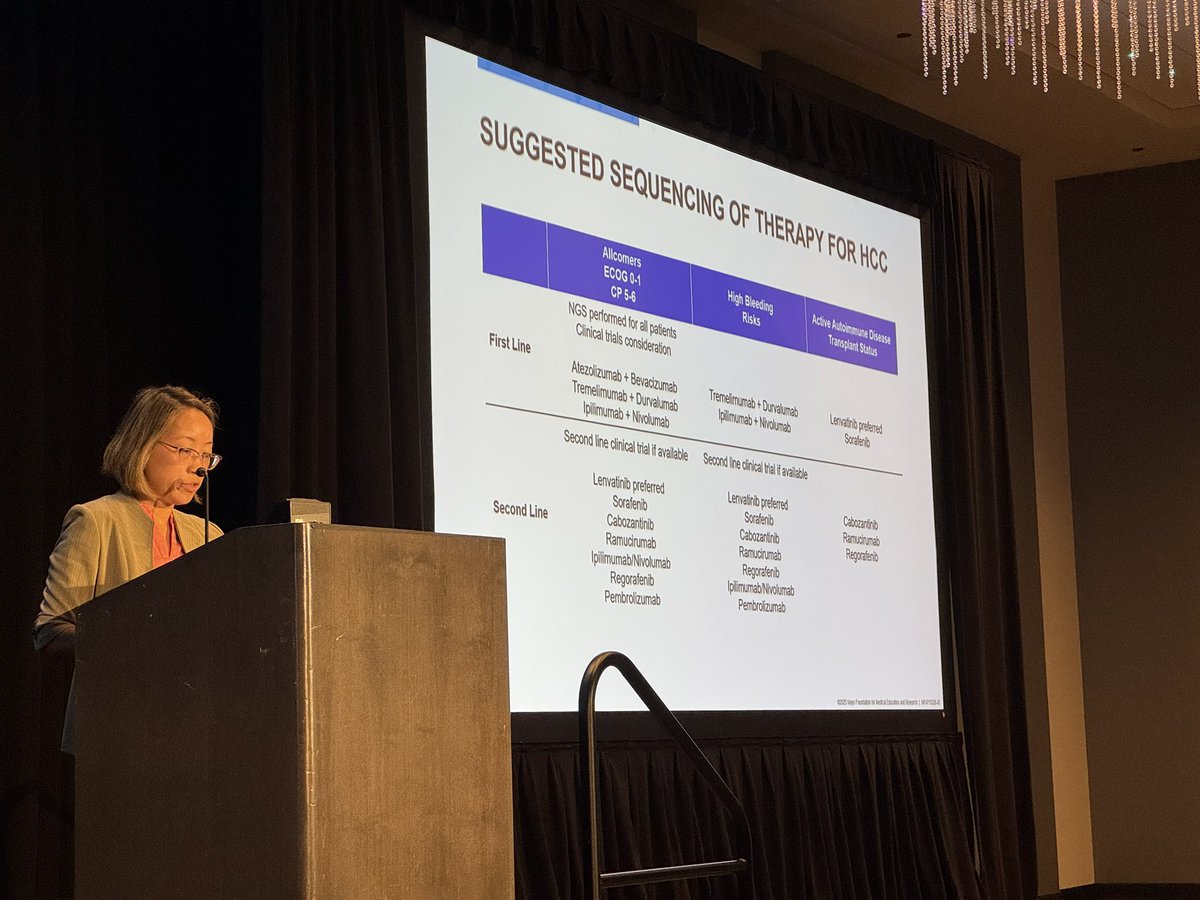
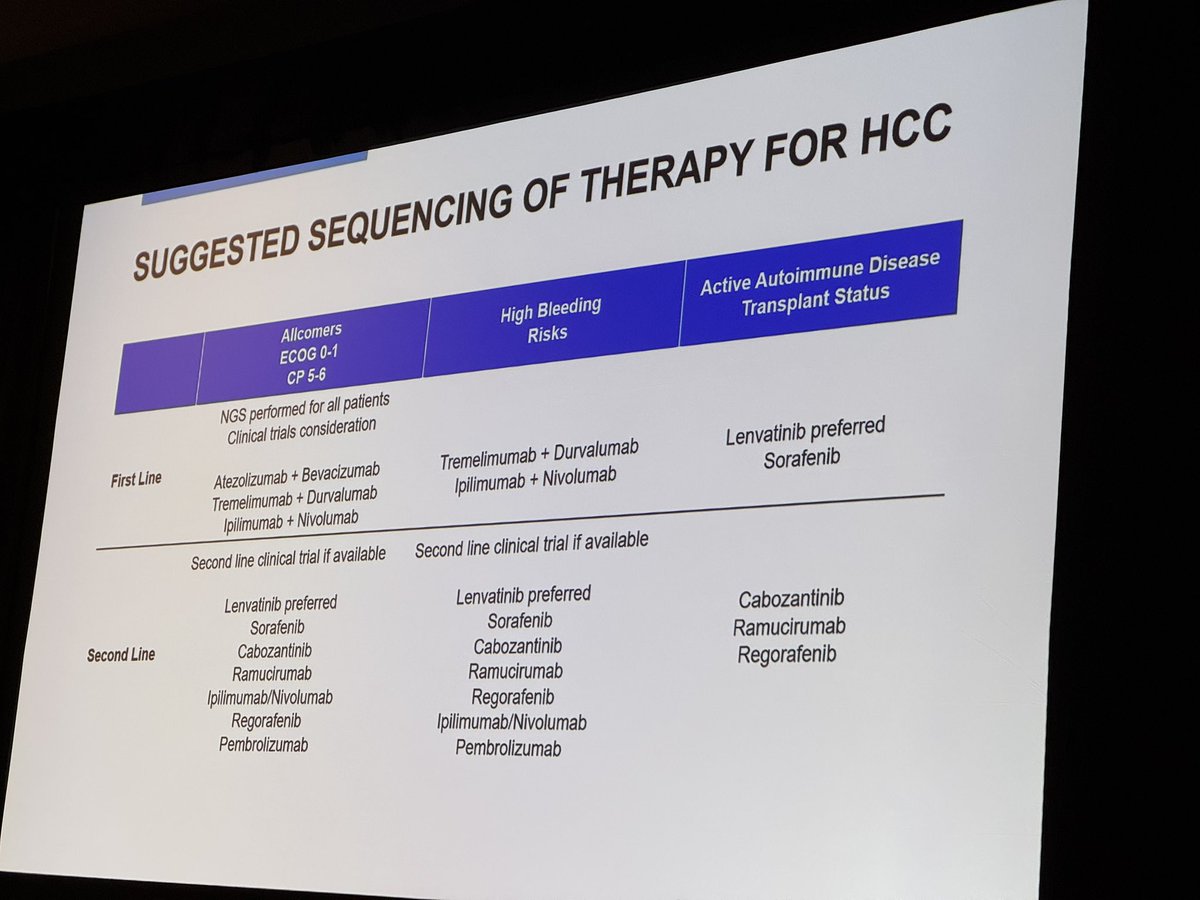
Palliative medicine and supportive oncology care is critical for optimal care of cancer patients. That’s why we invite speakers like Dr. Jacob Strand to present. How would I otherwise know of the increasing use of buprenorphine for pain management? @MayoCancerCare @MayoHemeOnc
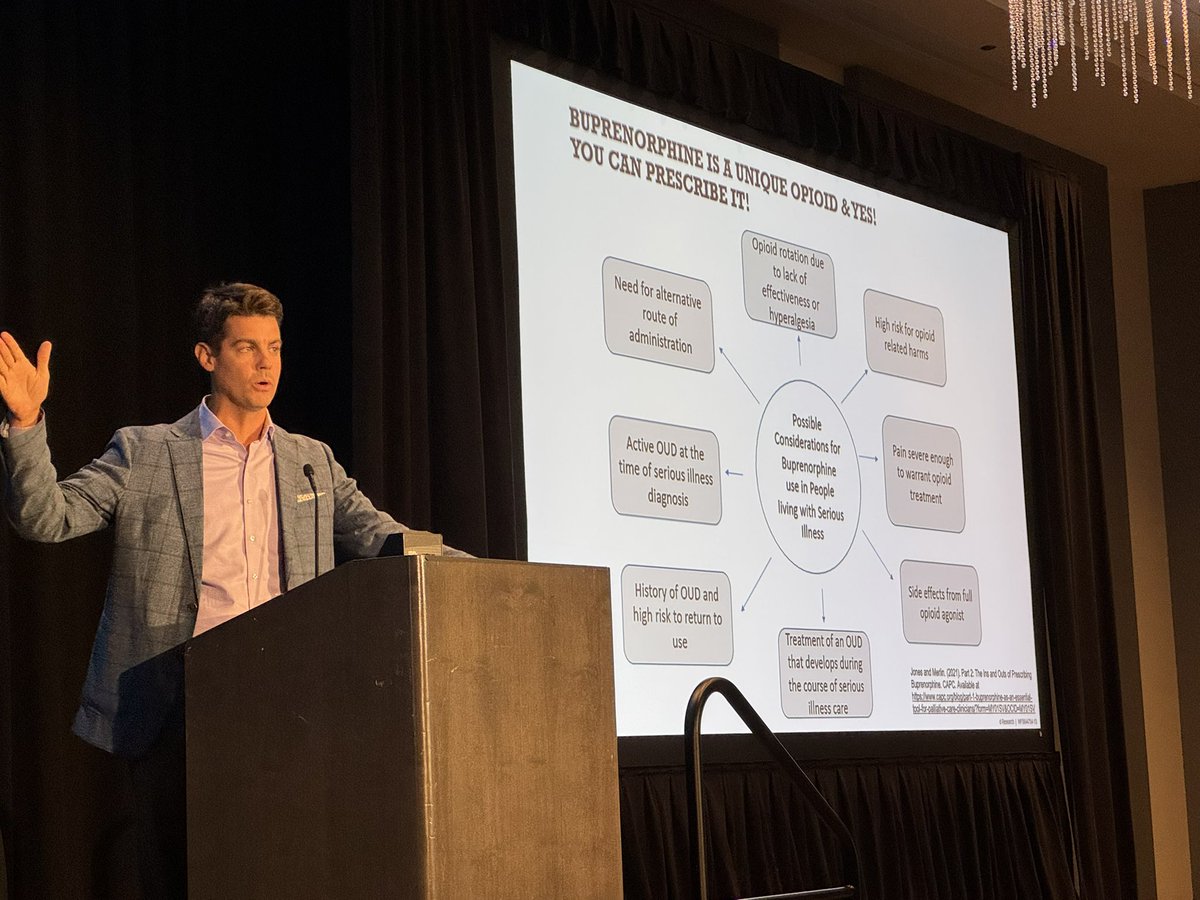
And now into the head and neck region. As expected, Dr. Katharine Price delivers an outstanding presentation on advances in head and neck cancer including KN-689. But who really benefits…? @MayoMedEd @MayoCancerCare @MayoHemeOnc

And onwards to lung cancer at the Mayo Clinic 2025 Oncology Review. Excellent review by @kaushalpar. Lots of stuff happening there! The talent bench in heme/onc at Mayo is deep. 😀 @MayoCancerCare @MayoMedEd @MayoHemeOnc
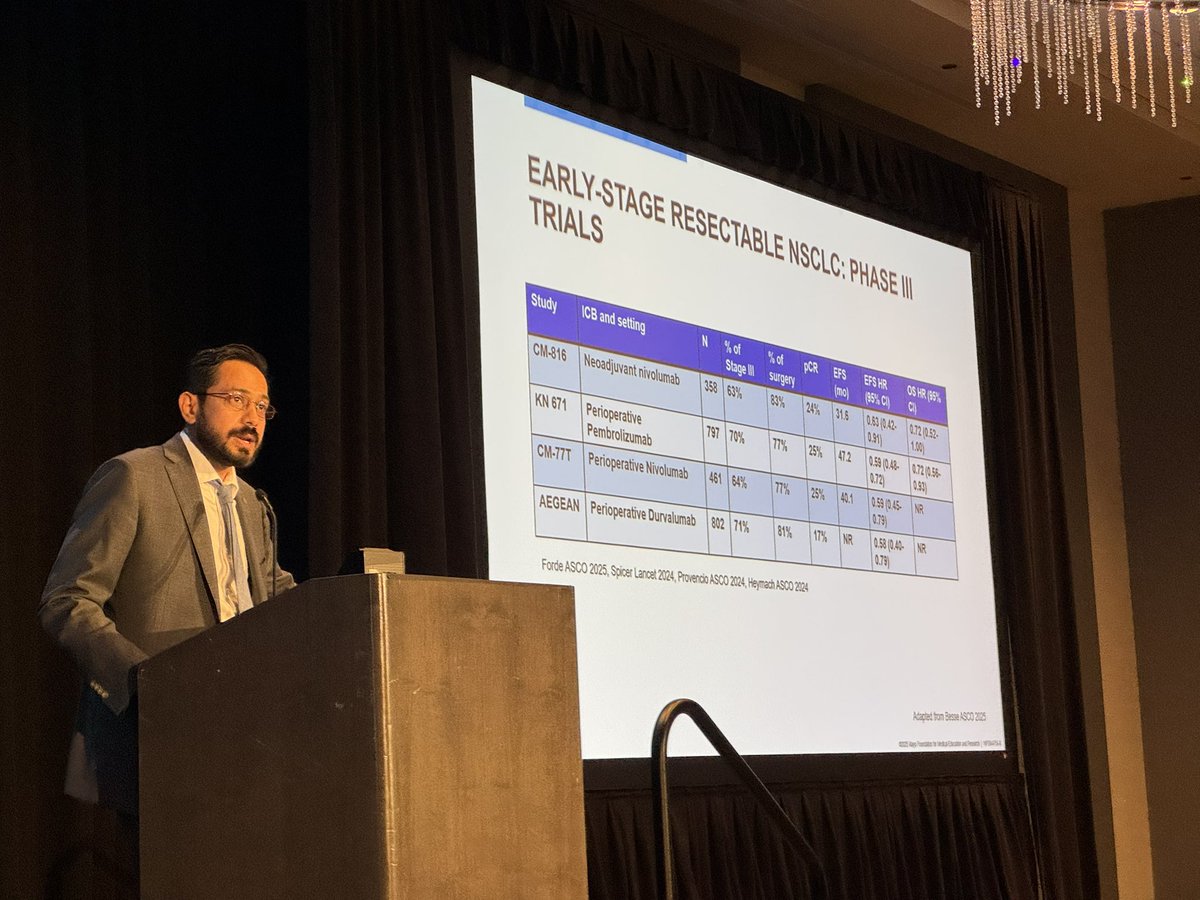
And we do show hematology some love too at the Onc conference. The hardest task goes to Dr. Wilson Gonsalves, to summarize advances in all malignant hematology the last year. And as always, he delivers! New myeloma dx…? Covered! @MayoMedEd @MayoCancerCare @MayoHemeOnc
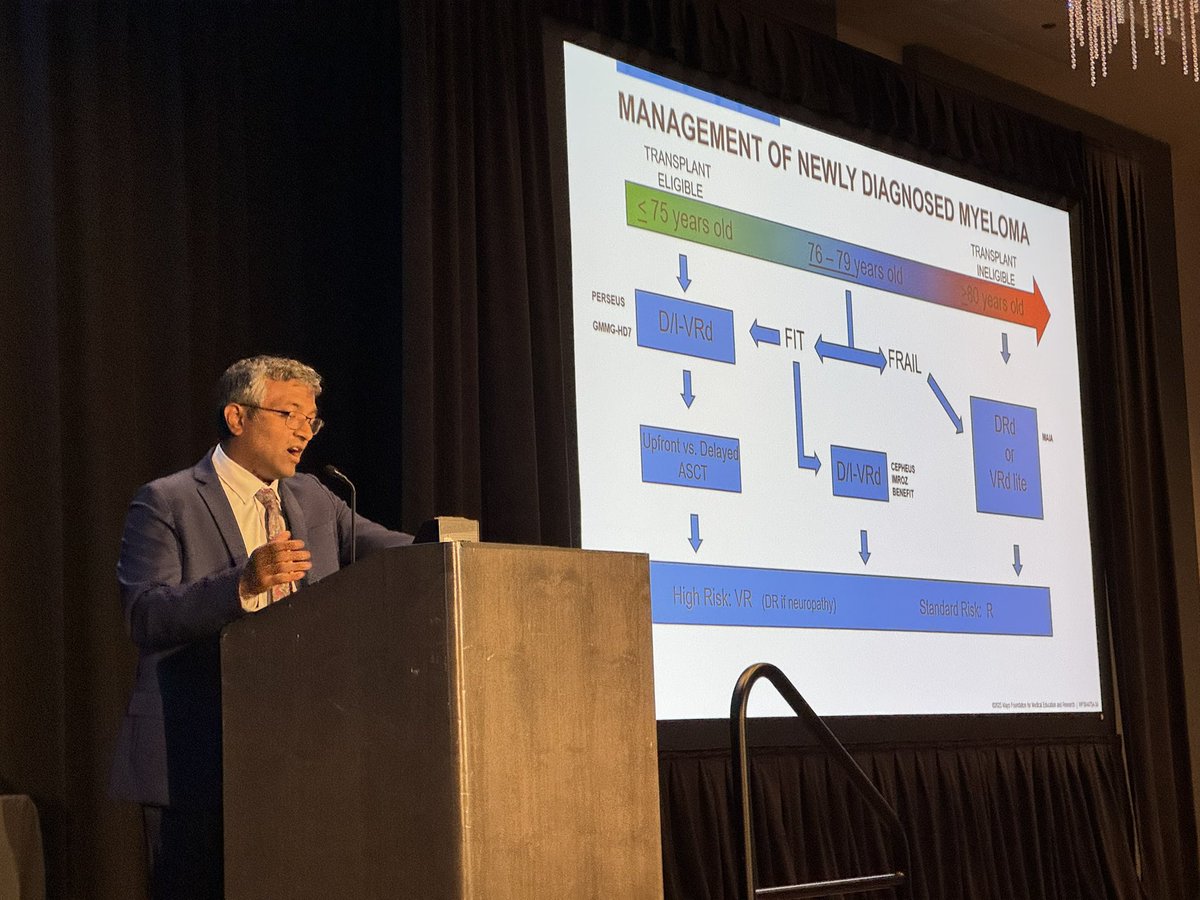
And it is on! The annual Mayo Oncology review in Minneapolis. First on the podium, Dan Childs from GU oncology at Mayo Rochester. A fantastic review of the management of prostate cancer. @MayoCancerCare @MayoHemeOnc @MayoMedEd

Great review @ThejusJay @KimmieNgMD on early onset GI cancers!
Early-onset gastrointestinal cancers are among the largest subset of early-onset cancers globally. This JAMA Review summarizes current evidence on early-onset gastrointestinal cancers. ja.ma/3GTHjwl @KimmieNgMD @DanaFarber
On my NET PubMed radar this morning from @rohit_thum et al. at MSKCC. DLL3 positive in 71% of GEPNECs and 43% of well diff G3 panc NETs and DLL3+ was associated with worse outcomes in that group. Check it out! @lisabodei @DianeReidyLagun @natasharekhtman medrxiv.org/content/10.110…